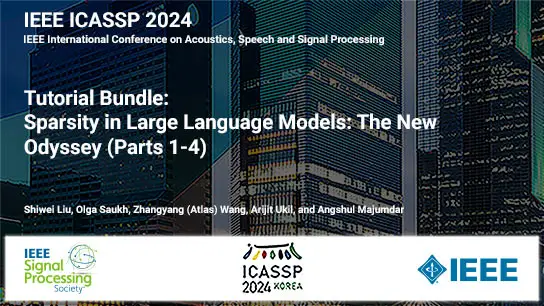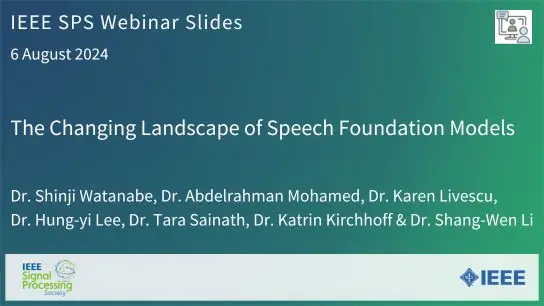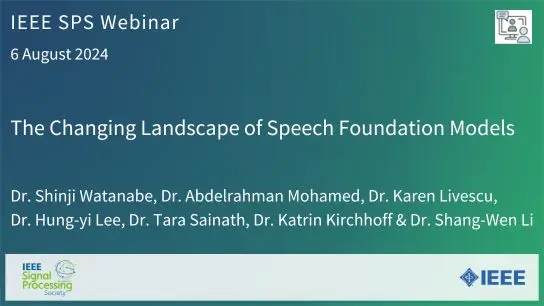ON SPECTRAL AND TEMPORAL SPARSIFICATION OF SPEECH SIGNALS FOR THE IMPROVEMENT OF SPEECH PERCEPTION IN CI LISTENERS
Benjamin Lentz, Rainer Martin, Kirsten Oberländer, Christiane Völter
-
Members: FreeSPS
IEEE Members: $11.00
Non-members: $15.00Length: 00:12:11
The perception of complex signals such as music or speech in noise is a difficult task for most cochlear implant (CI) users. Furthermore, there is a wide variability in speech recognition so that some also face difficulties in everyday situations with only little or no noise. In this study, two methods inspired by music simplification approaches were developed and evaluated through instrumental measures and in listening tests with adult CI listeners. Signals were processed based on a separation into transient and harmonic parts. After sparsification of the harmonic spectrum by principal component analysis (PCA) or by an individualized spectral peak picking approach, the transient and the sparsened harmonic parts were remixed. Significant improvements in speech recognition could be observed when the PCA-based method was applied. This might be caused by noise reduction effects and modulation amplifications as shown by correlation analysis.



